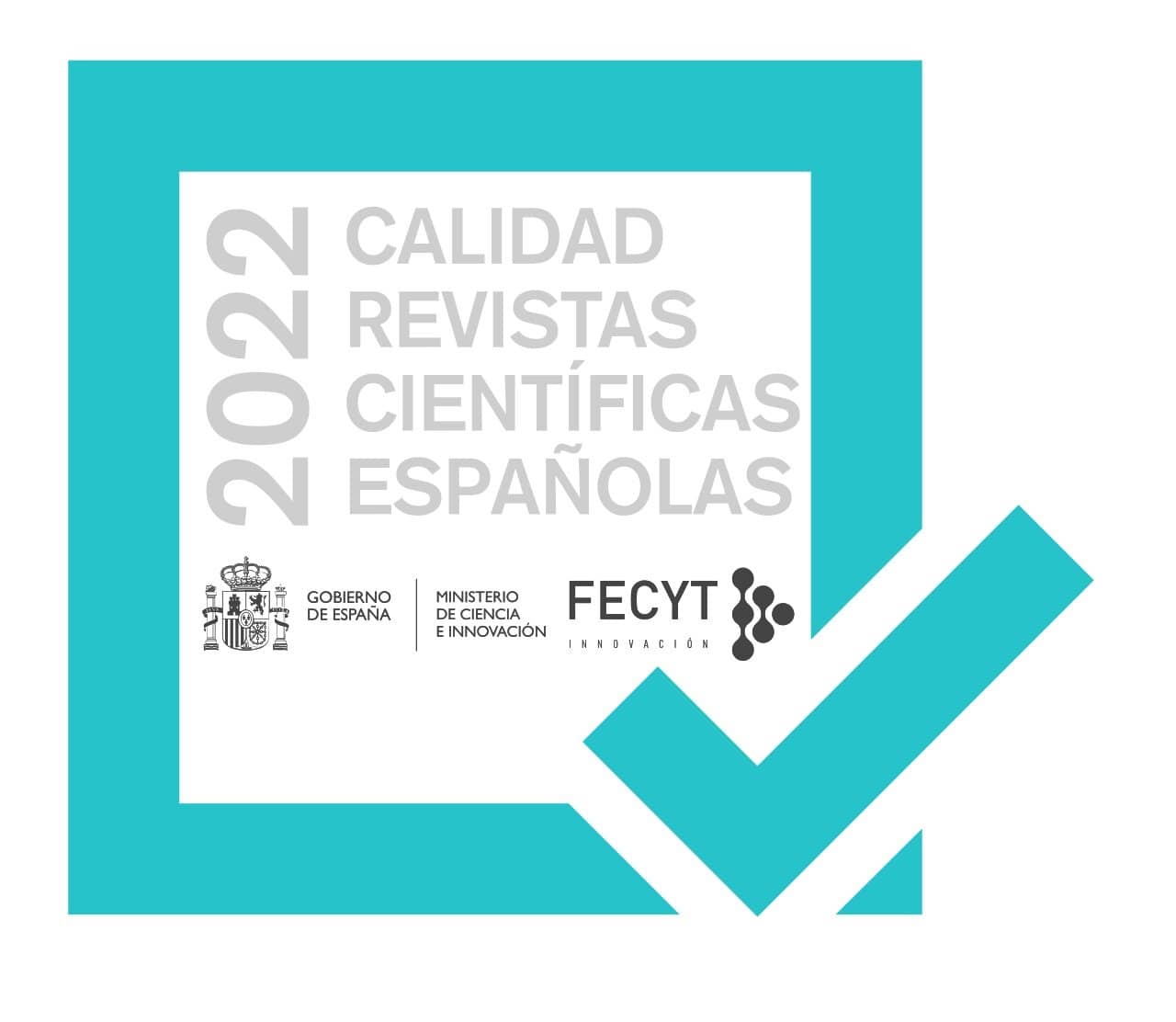On Early and Late Modern English Non-native Suffix -oon
Abstract
This paper is about identifying a nuance of social meaning which, I demonstrate, was conveyed in the Early and Late Modern period by the suffix -oon. The history of non-native suffix -oon is presented by means of assembling non-native suffix -oon vocabulary in date order and sorting according to etymology. It turns out that standard non- native -oon words (which are few) tended to stabilise early and be of Romance etymology. A period of enregisterment, c. 1750–1850, is identified by means of scrutiny of non-native -oon usage in sixty novels, leading to the conclusion that four or more non-native -oons in a literary work signalled vulgarity. A link is made between the one-quarter non-European -oons brought to English via colonial trade, and the use of such -oons by non-noble merchants, traders and their customers splashing out on luxury foreign commodities. Thus, it is found that a suffix borrowed from Romance languages in the Middle English period received fresh input during the Early Modern period via non-European borrowings, resulting in sociolinguistic enregisterment in the Late Modern period.
Downloads
References
Online
–17th–18th Century Burney Collection Newspapers. Retrieved 2 June, 2020 from https://www.galegroup.com
Eighteenth Century Collections Online. Retrieved 2 June, 2020 from http://gale.cengage.co.uk/product- highlights/history/eighteenth-century-collections-online.aspx
Lexicons of Early Modern English online. Retrieved 2 June, 2020 from http://leme.library.utoronto.ca Map of Temperance Colonization Society Grant, Saskatoon Public Library. Retrieved 2 June, 2020
Oxford Advanced English Learner’s Dictionary online. Retrieved 2 June, 2020 from www.oxfordlearnersdictionaries.com
Oxford English Dictionary online. Retrieved 2 June, 2020 from https://www.oed.com
Project Gutenberg. Retrieved Retrieved 2 June, 2020 from https://www.gutenberg.org
The Times Digital Archive 1785–2011. Retrieved 2 June, 2020 from https://www.galegroup.com
A Collection of the Most Esteemed Farces and Entertainments Performed on the British Stage. (1792). Edinburgh: Sylvester Doig.
Agha, A. (2003). The social life of cultural value. Language and Communication, 23, 231–273.
Atkinson, S. C., Graham, G. R. & Peterson, C. J. (1833). Atkinson’s Casket: Gems of Literature, Wit and Sentiment. Philadelphia, PA: Samuel C. Atkinson.
de Piles, R. (1706). Abrégé de la vie des peintres. The art of painting, and the lives of the painters. (J. Nutt, Trans.). London: Printed for J. Nutt.
Gray, J. E. (1846). On some species of cephalophus. In Sir W. Jardine, G. Johnston, C. C. Babington,
J. H. Balfour & R. Taylor (Eds.), The Annals and Magazine of Natural History, Including Zoology, Botany, and Geology (18) (pp. 19–20). London: R. and J. E. Taylor.
Justice, A. (1707). A General Treatise of Monies and Exchanges of all Trading Nations. London: S. & J. Sprint and J. Nicholson.
Nevalainen, T. (2000). Processes of supralocalisation and the rise of Standard English in the Early Modern period. In R. Bermúdez-Otero, D. Denison, R. M. Hogg & C. McCully (Eds.), Generative Theory and Corpus Studies: A Dialogue from 10 ICEHL (pp. 329-371). Berlin: Mouton de Gruyter.
Nevalainen, T. (2003). Sociolinguistic perspectives on Tudor English. Sederi, 13, 123–140.
Skeat, W. W. (1891). Principles of English Etymology. Second Series: The Foreign Element. Oxford: Clarendon.
Smart, B. H. (1836). Walker Remodelled. A New Critical Pronouncing Dictionary of the English Language. London: T. Cadell.
Stenroos, M. (2020). The ‘vernacularisation’ and ‘standardisation’ of local administrative writing in late and post-medieval England. In L. Wright (Ed.), The Multilingual Origins of Standard English (pp. 39-86). Berlin: Mouton de Gruyter.
Thackray, A. (2004). Laroon, Marcellus, the younger (1679–1772). Oxford Dictionary of National Biography, Oxford University Press. Retrieved 6 August, 2017 from http://www.oxforddnb.com/view/article/16074
Trudgill, P. (1999). Standard English: What it isn’t. In T. Bex & R. J. Watts (Eds.), Standard English: The Widening Debate (pp. 117–128). London: Routledge.
Tuer, A. (1887). Old London Street Cries. New York, NY: The Old London Street Company.
Wright, L. (2011). The nomenclature of some French and Italian fireworks in eighteenth-century London. The London Journal, 36(2), 109–139.
Wright, L. (2017). On the East India Company vocabulary of St Helena in the late 17th and early 18th century. World Englishes, 36(4), 522–540.
Wright L. (2020a). A critical look at previous accounts of the standardisation of English. In L. Wright (Ed.), The Multilingual Origins of Standard English (pp. 17-38). Berlin: Mouton de Gruyter.
Wright L. (2020b). Rising living standards, the demise of Anglo-Norman and mixed-language writing, and Standard English. In L. Wright (Ed.), The Multilingual Origins of Standard English (pp. 512- 532). Berlin: Mouton de Gruyter.
Wright, L. (Ed.). (2020c). The Multilingual Origins of Standard English. Berlin: Mouton de Gruyter.
The works published in this journal are subject to the following terms:
1. The Publications Services at the University of Murcia (the publisher) retains the property rights (copyright) of published works, and encourages and enables the reuse of the same under the license specified in item 2.
2. The works are published in the electronic edition of the magazine under a Creative Commons Attribution Non-commercial Share Alike 4.0.
3.Conditions of self-archiving. Authors are encouraged to disseminate pre-print (draft papers prior to being assessed) and/or post-print versions (those reviewed and accepted for publication) of their papers before publication, because it encourages distribution earlier and thus leads to a possible increase in citations and circulation among the academic community.
RoMEO color: green








